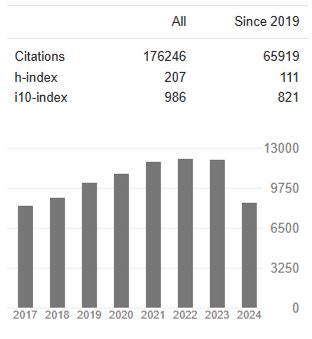Change in form of compulsive behavior after bariatric surgery is a phenomena best describe by deficiency of reward cycle in the brain
Abstract
Aos Mohammed Ameen, Panagiota Korenis
The prevalence of obesity related comorbidities has reached epidemic levels in the USA, 34.9% of people are obese. Surgical intervention is the most efficient management of morbid obesity. Between 2003 and 2010, 113,000 cases per year underwent bariatric surgery. Some studies suggest long-term total mortality rate is reduced after surgery, particularly deaths from heart disease, diabetes, and neoplasms. However, the rate of death from other causes was higher; suicide is the main contributing factor. Here we present a case of 41-year-old female with recurrent psychiatric hospitalizations due to Alcohol abuse and suicidal attempts after bariatric surgery. She was admitted to our service after she attempted to jump from the roof of her building while intoxicated with Alcohol. A month prior, she was hospitalized in another hospital for the same reason. She responded well to psychosocial support, psychoeducation, learning coping skills, and group supportive therapy. Her treatment regimen included the use of acamprosate, lithium, and risperidon. She reported a decrease in anxiety and anger, an improved sleep cycle, and improved judgment and impulse control. We use this case to illustrate the great need to identify the risk factors for psychiatric morbidity after bariatric surgery and encourage clinicians to be mindful of this potential development after bariatric surgery and ensure psychiatric follow up for these at risk patients.




